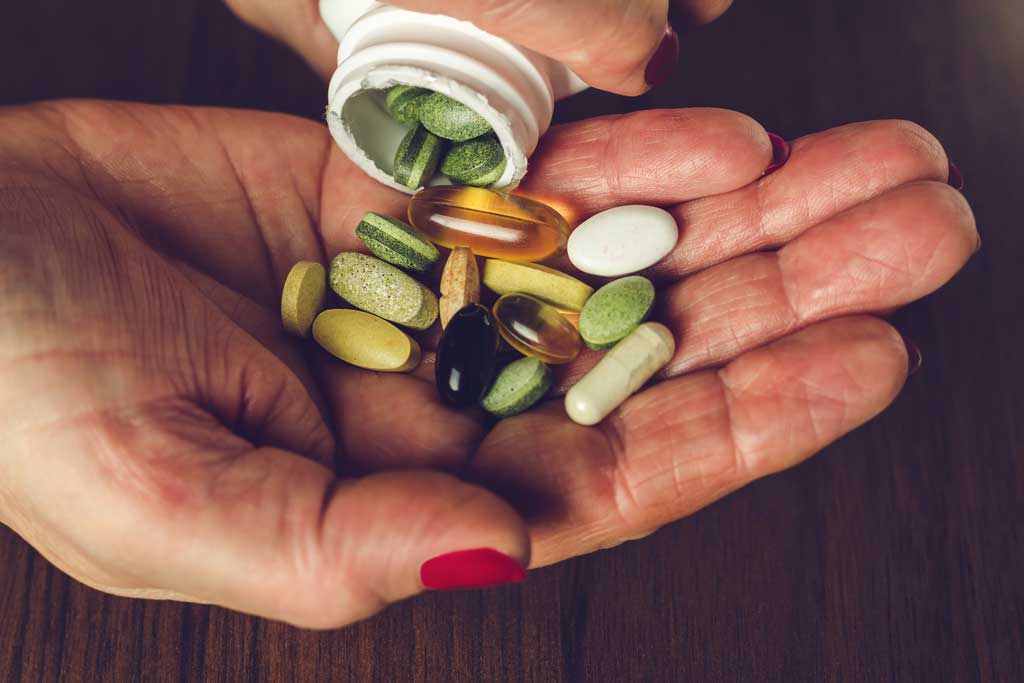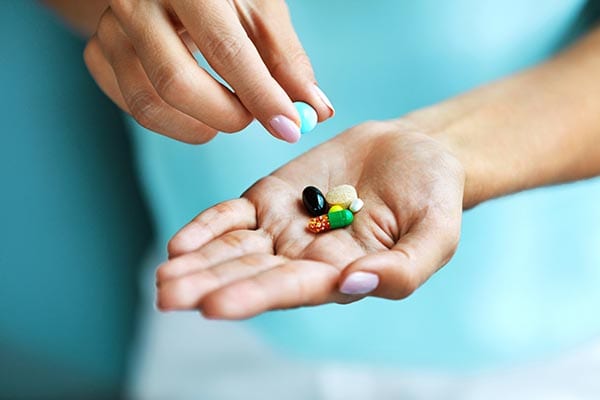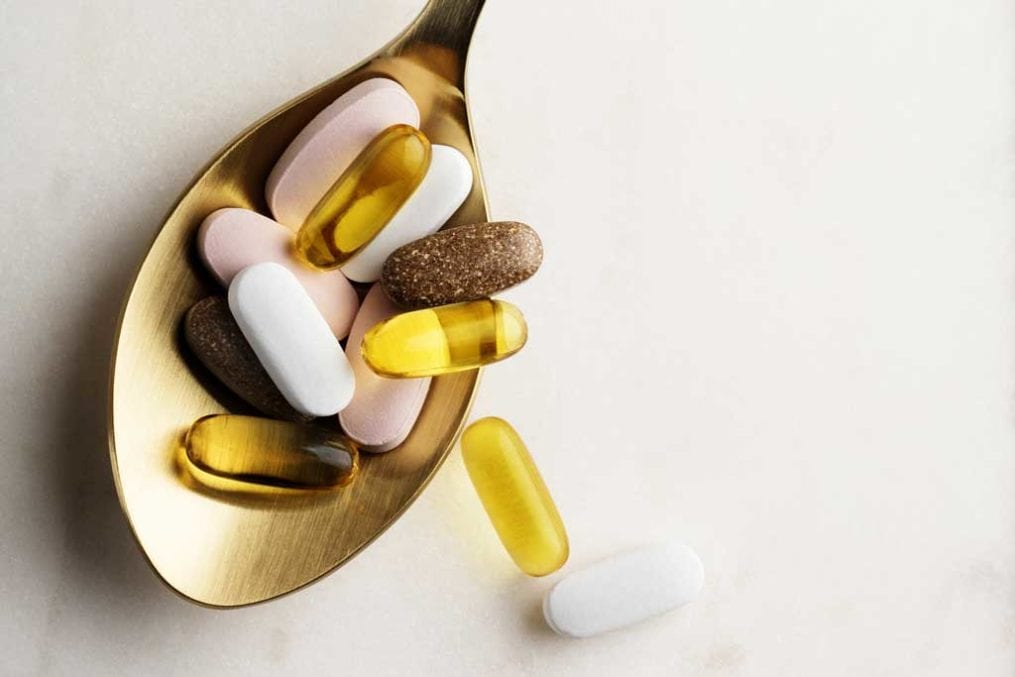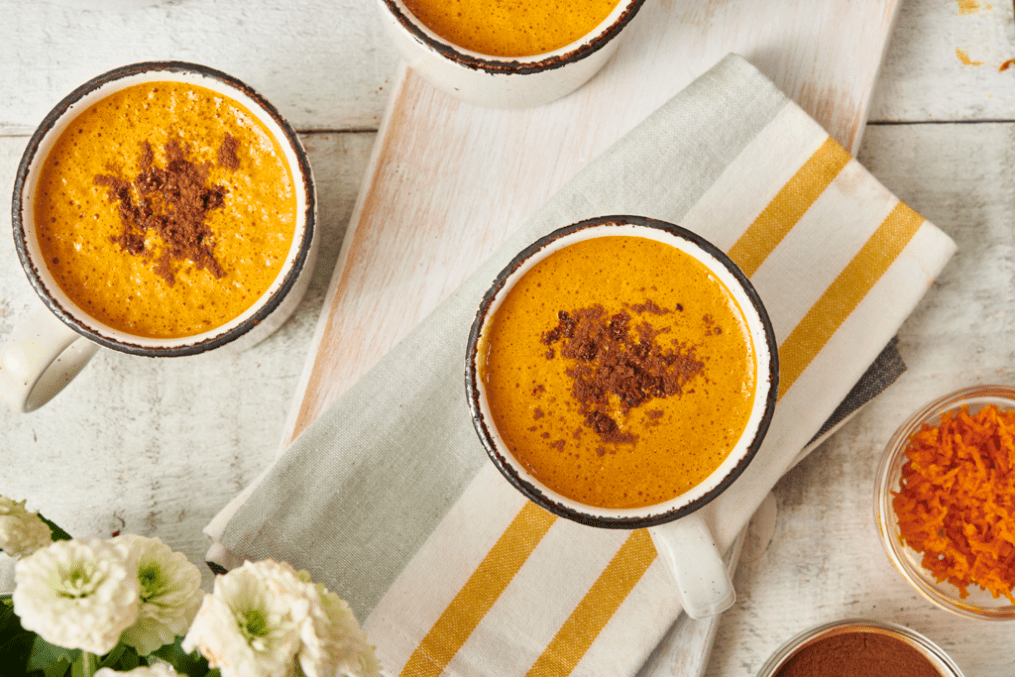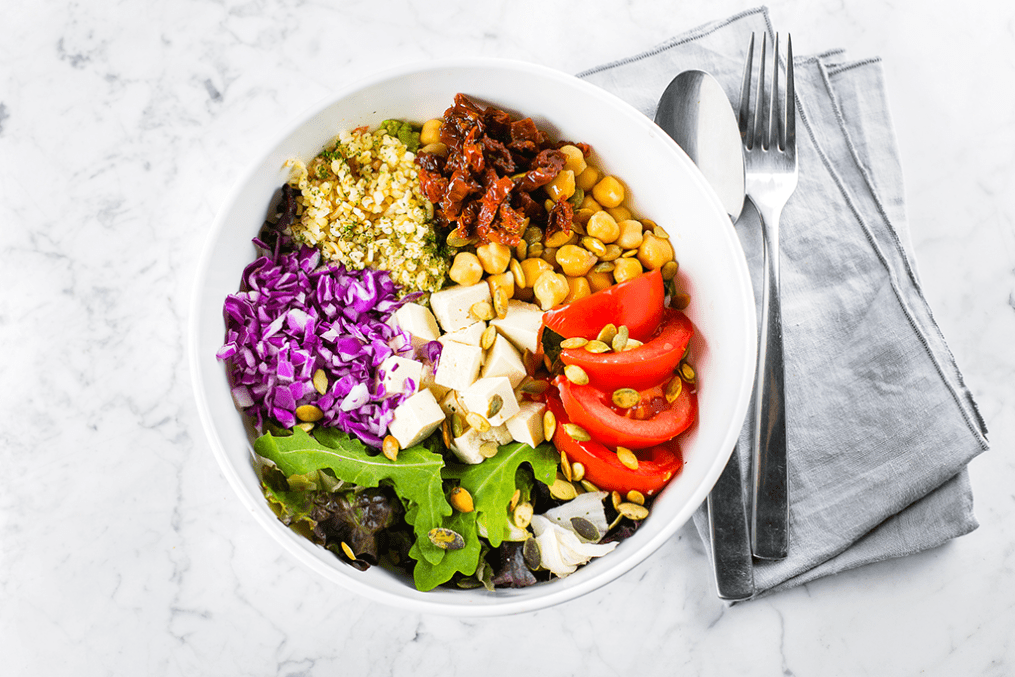What do B vitamins do?
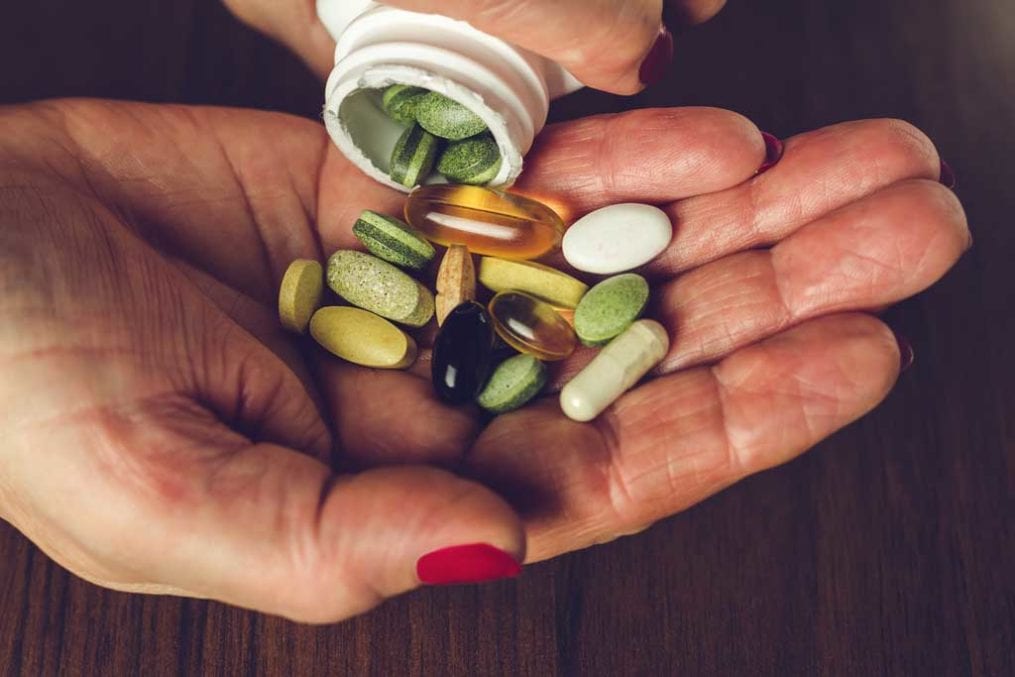
What are they?
They used to be considered a single vitamin, like vitamin C, but we now know B vitamins are made up of eight water-soluble vitamins that work together to perform essential roles in our bodies. They affect brain function, energy production, and DNA synthesis and repair, to name but a few functions. They’re water soluble, so you should pass any excess in your pee, but a surprising number of us could be lacking, particularly in vitamin B12.
What do they do?
Plenty! Between them, they convert glucose into fuel for the brain and body, keep skin, eyes and the nervous system healthy, and allow us to form haemoglobin – the substance in red blood cells that carries oxygen around the body. They help us to break down fat, while folate (vitamin B9, also known as folic acid in its synthetic form) helps to reduce the risk of birth defects in pregnant women, lowering risk of spina bifida. They help us to release energy from carbohydrates for growth and to keep muscles healthy, they help reduce fatigue, ensure the digestive system is healthy, regulate mental function, protect the heart and aid the body in making DNA.
Any research?
DEMENTIA PREVENTION US research has found large doses of B vitamins could halve the rate of brain shrinkage in elderly people with memory problems, and therefore help to slow the progression of dementia. Similarly, a two-year UK trial found B vitamins – including B6, B12 and folate – could slow mild cognitive impairment, which often leads to Alzheimer’s disease and other forms of dementia. Research has also shown taking B vitamins daily improves cognitive ability.
BONE HEALTH US research has revealed vitamin B12 can improve bone density. They measured more than 2,500 people aged 30 to 87, and those with lower-than-required vitamin B12 levels were at greater risk of osteoporosis than those with higher levels. Folate, B6 and B12 have been shown to reduce the level of homocysteine too, high levels of which have been linked to osteoporosis.
POLLUTANT PROTECTION Surprising US research gave healthy non-smokers vitamin B supplements and found it almost reversed the negative effects of fine particle pollution on their cardiovascular and immune systems, weakening the effects of air pollution on their heart rate by 150% and total white blood count (the cells that fight infections and battle bacteria) by 139%. This type of pollution contributes to 3.7 million premature deaths worldwide every year, due to its impact on the cardiovascular system, which can lead to heart attacks. It comes from traffic fumes, and can impact the immune system negatively. It was a small study, but an interesting one.
Who are they good for?
If you’re planning a family, you should take 400µg a day of folic acid from when you start trying until you’re 12 weeks pregnant to help prevent birth defects. Most of us could do with a B12 boost – a study published in the British Medical Journal in 2016 found that one in 12 women between the ages of 19 and 36 were deficient in vitamin B12. Because B12 is involved in producing red blood cells, converting food to energy, regulating the immune system and mood, it’s a very important vitamin, and one veggies and vegans can struggle to come by. Symptoms of a deficiency include fatigue, faintness, headaches, pale skin, loss of appetite, weight loss, pins and needles and a sore, red tongue. Lots of experts think that B12 deficiency is underdiagnosed, so see your doctor if those symptoms sound familiar and ask for a blood test. You could be eating too little through your diet, or you could have pernicious anaemia, which prevents you from absorbing vitamin B12 from food.
Vegan sources of B vitamins
NUTRITIONAL YEAST is usually fortified with B12. It tastes cheesy and is great in risottos and on pasta.
SPIRULINA contains half your daily needs of riboflavin (B2).
ALMONDS are stuffed with biotin (B7), which is vital for strong and healthy skin, hair and nails.
TOFU contains a plethora – vitamins B1, B2, B3, B6 and folate.
CHICKPEAS are a great source of folate. Make a curry with spinach, too, for a bigger boost.
